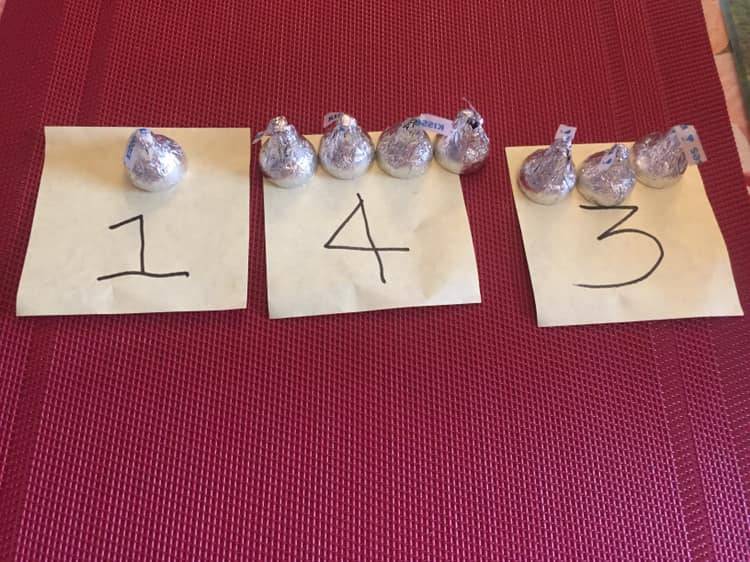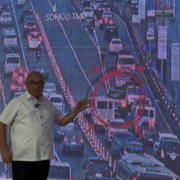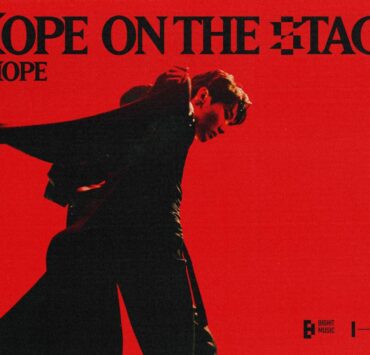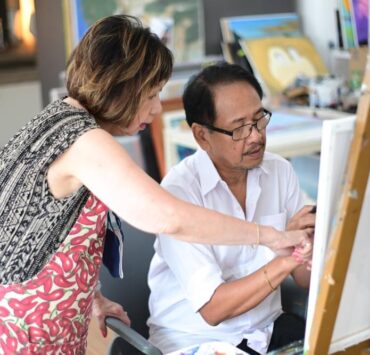My dad’s lessons on love

For the suddenly discarded, Valentine’s Day can feel like a reminder of what’s been lost. But even when uncoupled during this season of heavy traffic, overpriced meals, and commercial clutter, I am anchored by the love my family has instilled in me—love that transcends a failed marriage.
Through the years, I have the fondest memories of celebrating Valentine’s Day. My first recollection was of my parents unrolling a sheet of red cartolina that my dad, my mom, and I cut up to make Valentine’s cards for each other. My dad just cut a plain rectangle, folded it in half, and filled the front with affectionate words in his signature Palmer handwriting. My more artistic mom cut a heart shape, while I followed suit and filled mine with doodles.
As my siblings arrived, my dad would gift us kitschy bookstore trinkets like Cupid cutouts and heart balloons and everyone would exchange cards. He made sure to capture these moments on his Handicam.
When I got older, I’d receive cards, stuffed toys, flowers, chocolates, and mixtapes from “secret admirers” or suitors. But more than romance, Valentine’s Day was always a family thing at home. My mom would festoon the table in bold red for dinner, while my brothers would bring their assortment of girlfriends to cook for and eat with in the lanai.
When my siblings and I were all married, we celebrated separately but I still invited my folks over. We’d take advantage of the usually cooler weather and “go camping.” We’d grill sausages, sip hot chocolate, or bring out the fondue pot and pitch a tent in our small garden with the kids. My dad would always send over a rose or some little present, while I continued the tradition of having the kids make cards or treats for family and friends.
Four Horsemen
During the pandemic lockdown, my parents sheltered in place. My dad couldn’t get my mom flowers, so he left Post-It notes on the dining table, placed Hershey’s Kisses on them, and labeled each “143” (I love you). My siblings and I couldn’t come over to be with our parents as usual, so that photo is a precious reminder for us to find ways to show up for each other, no matter the circumstances.
My dad always encouraged us to see the good in people, even when it was difficult. When we vented about each other, he listened patiently, then gently pointed out something redeeming about the person we were frustrated with. He believed love was about grace, about saving rather than discarding.
For years, I thought having a man like my father to look up to was enough. After all, he had taught me to love with generosity, patience, and faith in the good. But true, lasting love is not just about admiration; it takes effort, patience, and the willingness to navigate difficult conversations. How do we talk to each other when things get rough?
In a one-and-done marriage counseling session with my husband, we learned about The Four Horsemen of the Apocalypse, a metaphor for conquest, war, hunger, and death. The Gottman Institute uses it instead to describe communication styles that can predict the demise of a relationship: criticism, defensiveness, contempt, and stonewalling.
Relationships are built on communication, but when negativity takes root, it can slowly erode even the strongest foundations. Dr. John Gottman’s concept of the Four Horsemen captures the destructive behaviors that often lead to the breakdown of a relationship. Understanding them is crucial, but eliminating them requires effort, self-awareness, and a willingness to change.
Love that endures
Criticism is the first horseman. When persistent, it fosters an atmosphere of rejection and resentment. It’s easy to point out flaws in a partner, especially when emotions run high, but the long-term damage can be irreversible. As someone who has faced a ruined marriage, I have seen how unchecked criticism breeds defensiveness and distance. The antidote is to focus on one’s emotions, using “I” statements instead of blame, and to express needs constructively.
Contempt is the deadliest of the four and the greatest predictor of divorce. It thrives on a foundation of long-standing negative thoughts and manifests as mockery and disrespect. In my experience, contempt surfaced when appreciation faded and bitterness took its place. I was no longer a partner but an opponent in a battle I didn’t know I was fighting. Overcoming contempt requires rebuilding a culture of respect, something that should be cultivated long before the relationship reaches the brink of collapse.
Defensiveness arises as a response to criticism but fuels further conflict by shifting blame. When a partner refuses to take responsibility, the cycle continues. Self-defense didn’t protect me; it only widened the gap. The antidote is to own one’s part, no matter how small. A simple admission, “I see how my actions hurt you,” can deescalate an argument.
Stonewalling, the final horseman, occurs when a partner withdraws from interaction, shutting down instead of addressing issues. It’s turning away, immersing in distractions, or simply going silent, out of self-preservation. However, avoidance only prolongs the inevitable. The key to overcoming stonewalling is physiological self-soothing, stepping back not to escape but to regain composure before reengaging with clarity.
I have lived through the unraveling of a marriage, and seen the Four Horsemen gallop through our home. When we recognize and counter these behaviors, the stronger our relationships become.
Love isn’t just about passion or compatibility. My dad showed me that love lives in the quiet, everyday choices to be kind, see the good, and communicate with care. And that’s the kind of love I still choose to believe in: a love that endures even in loss.

















